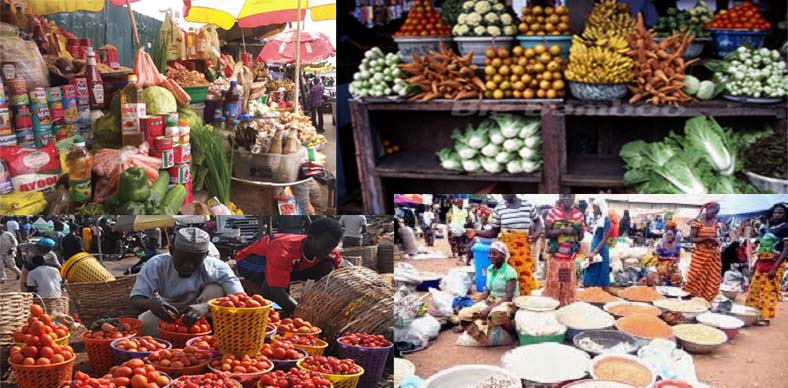As World Food Day 2024 was commemorated with the theme “Right to Food for a Better Life and a Better Future,” Nigerian youths, under the banner of the Healthy Food Policy Youth Vanguard (HFPYV), have voiced growing concerns about the harmful effects of unhealthy food consumption. They urged the government to step up policies promoting nutritious food, food security, and public health.
The youths condemned the unchecked influence of food corporations, accusing them of pushing ultra-processed foods and sugary drinks loaded with excessive sodium and sugar, which are undermining the well-being of Nigeria’s youth.
In a statement released by Afeez Adedayo Bello of HFPYV, the group highlighted how the aggressive marketing of unhealthy products is driving a health crisis in the country. “The rampant consumption of sugary beverages, ultra-processed foods, and sodium-rich snacks is worsening the burden of non-communicable diseases (NCDs) among Nigerian youths. This unchecked trend is dimming the prospects of living a healthy adulthood,” said Bello.
Junk Food Marketing Targets Nigerian Youth
The group decried how young Nigerians are bombarded with deceptive advertisements portraying unhealthy foods as beneficial. “Radio, TV, and online platforms are filled with ads promoting these harmful products, targeting youths. Without strict government regulation, many young Nigerians are falling into the trap of consuming these addictive products, jeopardizing their future health,” the statement read.
Bello further lamented that, despite Nigeria’s life expectancy being only 61.79 years as of 2023, many youths may not even reach this milestone due to the overwhelming exposure to harmful products, like sugar-laden beverages and sodium-packed snacks. These products, he said, are prioritized by corporations that place profits over public health.
Loss of Food Heritage and Health
The group also pointed out how these food corporations are reshaping Nigeria’s food culture, pushing indigenous foods into the background. “Many young Nigerians no longer know how to prepare the traditional dishes their grandparents enjoyed. Ultra-processed foods like noodles are even becoming the go-to donations during natural disasters, while sugary drinks dominate social events,” Bello lamented.
Read Also: Court grants EFCC’s request for virtual testimonies in Emefiele’s trial
NCDs are already a massive burden on Nigeria’s healthcare system, and the increasing reliance on unhealthy foods is exacerbating the issue, the group noted. They called for immediate action to reduce unhealthy food intake and improve health outcomes.
Tobacco Adds to the Growing Health Crisis
The HFPYV further warned of the dangerous parallels between the food industry and the tobacco industry, both of which aggressively target young Nigerians. “Currently, about five million young Nigerians are addicted to smoking, and the tobacco industry continues to push newer products like e-cigarettes and so-called herbal cigarettes, all designed to hook young people into the deadly habit,” Bello added.
As World Food Day emphasizes the importance of food security and sustainable agriculture, the HFPYV is calling on all levels of government to realign food and agricultural policies to prioritize access to nutritious foods. The group also advocates for larger budget allocations to stimulate the production of affordable, healthy foods.
“To complement these efforts, policies such as effective sugary beverage taxes, mandatory salt limits, and robust tobacco control measures must be implemented to create an environment that supports healthy diets,” Bello concluded.
With the rise of non-communicable diseases and unhealthy lifestyle choices, Nigerian youths are urging the government to act swiftly before it’s too late.






